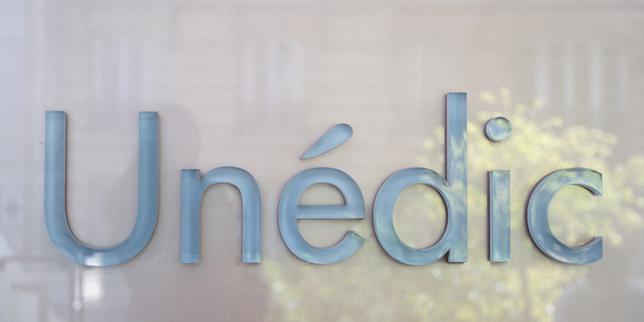Unédic Appeals to Reduce State Withdrawals Amid Unemployment Fund Deficit Concerns
Unédic urges the government to reduce state financial withdrawals from unemployment insurance funds in 2026 to prevent a projected 1.3 billion euro deficit.
- • Unédic formally requested a reduction in state contributions for unemployment insurance in 2026.
- • A total state withdrawal of 12.05 billion euros is planned from 2023 to 2026, with 4.1 billion euros scheduled for 2026.
- • Without reduction, the system may face a deficit of 1.3 billion euros in 2026.
- • Jean-Eudes Tesson and Patricia Ferrand co-signed the letter to Prime Minister Sébastien Lecornu.
- • The economic slowdown is putting pressure on the unemployment compensation system's finances.
Key details
On October 27, 2025, Unédic's social partners, including Jean-Eudes Tesson of Medef and Patricia Ferrand of CFDT, formally requested Prime Minister Sébastien Lecornu to reconsider the planned state withdrawal from the unemployment insurance fund for 2026. The state has imposed a hefty total withdrawal of 12.05 billion euros from 2023 to 2026, with 4.1 billion euros scheduled for deduction in 2026 alone, which threatens to plunge the unemployment compensation system into a significant deficit estimated at 1.3 billion euros.
The request advocates reducing the state's 2026 contribution to 2.8 billion euros to maintain system balance amid a slowing economy putting pressure on unemployment compensation finances. Tesson and Ferrand's joint letter underscores their unified stance within Unédic, highlighting the urgent need to safeguard the financial stability of unemployment insurance. Their appeal reflects concerns that the current extraction levels may jeopardize the system's ability to meet its obligations without incurring substantial deficits.
This development comes against a backdrop of economic deceleration impacting the unemployment compensation system's sustainability, requiring careful negotiation between social partners and government to ensure continued support for unemployed workers without endangering the fund's solvency.
This article was translated and synthesized from French sources, providing English-speaking readers with local perspectives.
Source articles (2)
Source comparison
Latest news
Katy Spicher Sues French State for Denial of Justice Over Unsolved 1983 Murder of Her Mother
French Public Sees Rise in Political Violence Amid Pre-Municipal Election Tensions
Businesses Drive French Economy Amid Rising Financial Challenges for Youth
France Climbs to 4th Place in 2026 Winter Olympics Medal Table After Biathlon Relay Gold
XV de France to Field Largely Unchanged Lineup Against Italy in Six Nations
France and India Deepen Strategic Partnership with Focus on AI Regulation and Defense Cooperation
The top news stories in France
Delivered straight to your inbox each morning.


